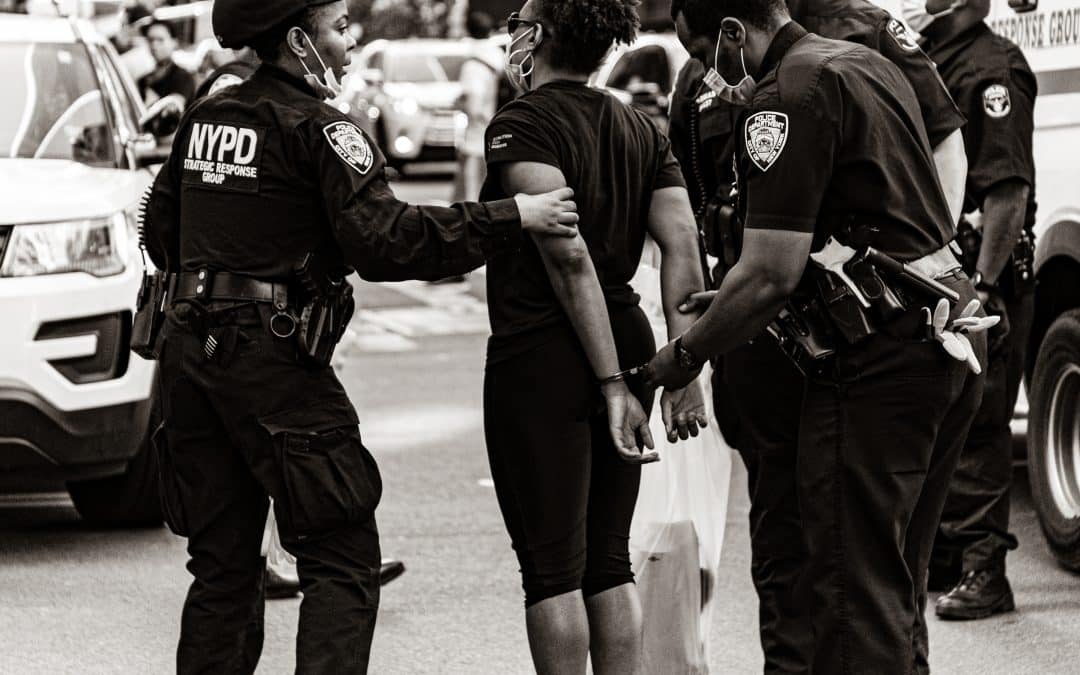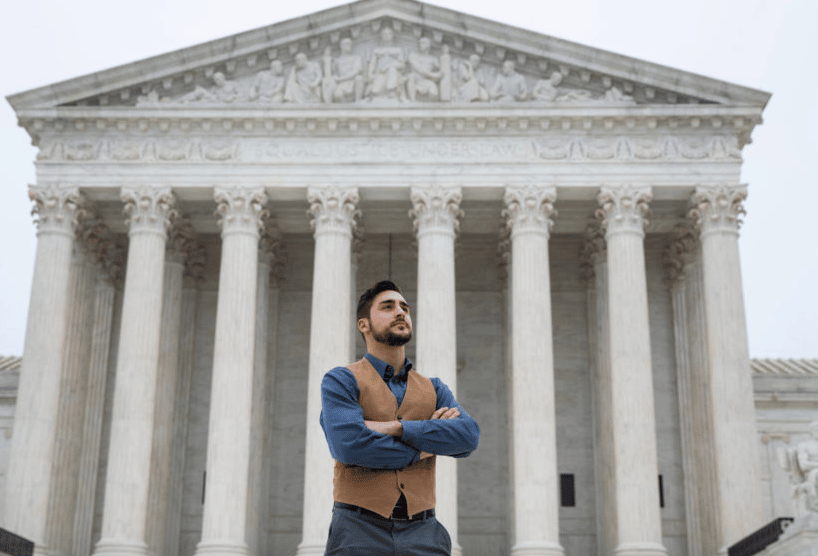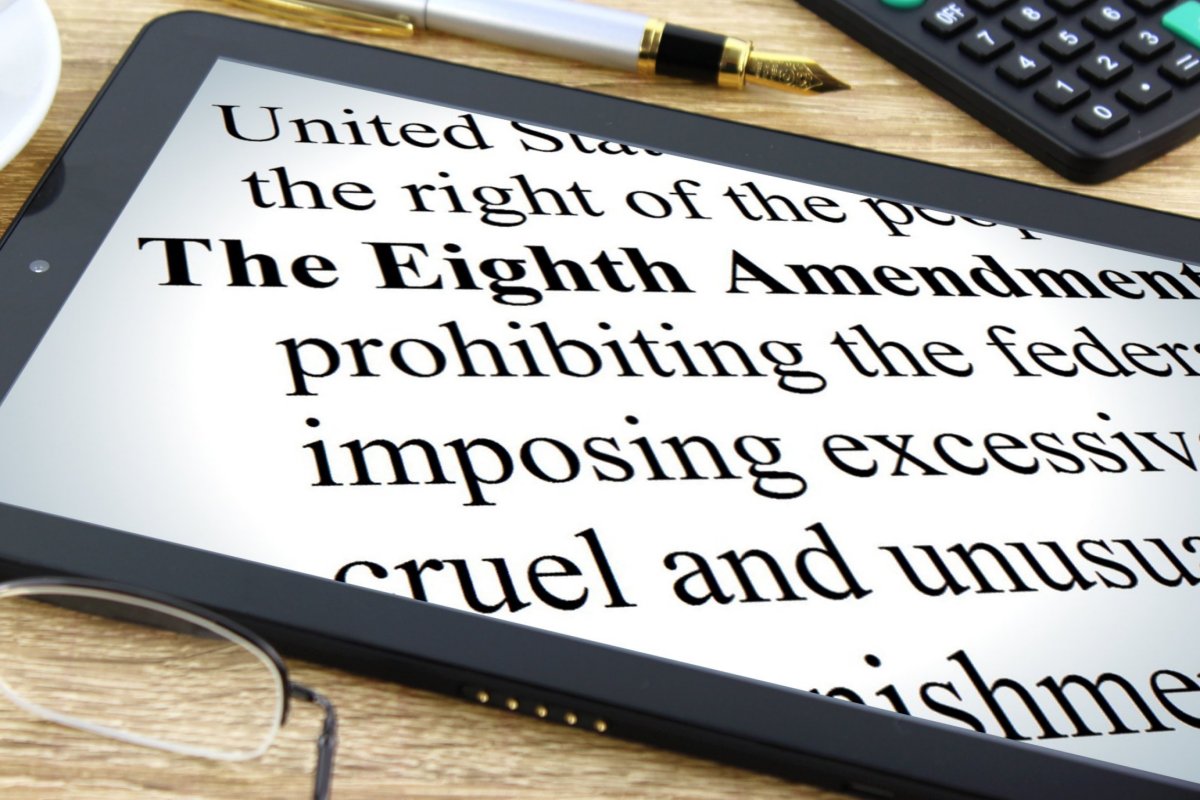José Oliva survived the bloodiest year in Vietnam, but he most feared for his life when he was brutally beaten in an unprovoked attack by federal officers in a Veterans Affairs hospital in his hometown of El Paso, Texas that left him with several injuries, two of which required surgery. On January 29, 2021, the Institute for Justice filed an appeal to the U.S. Supreme Court asking it to reverse the 5th Circuit decision that ruled federal officers—such as those in a VA hospital—may act with impunity and not be held accountable for their actions, no matter how unconstitutional. “I feared for...














